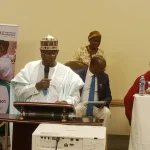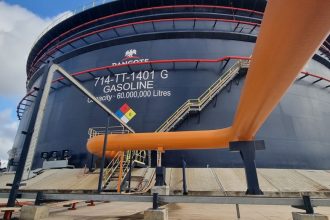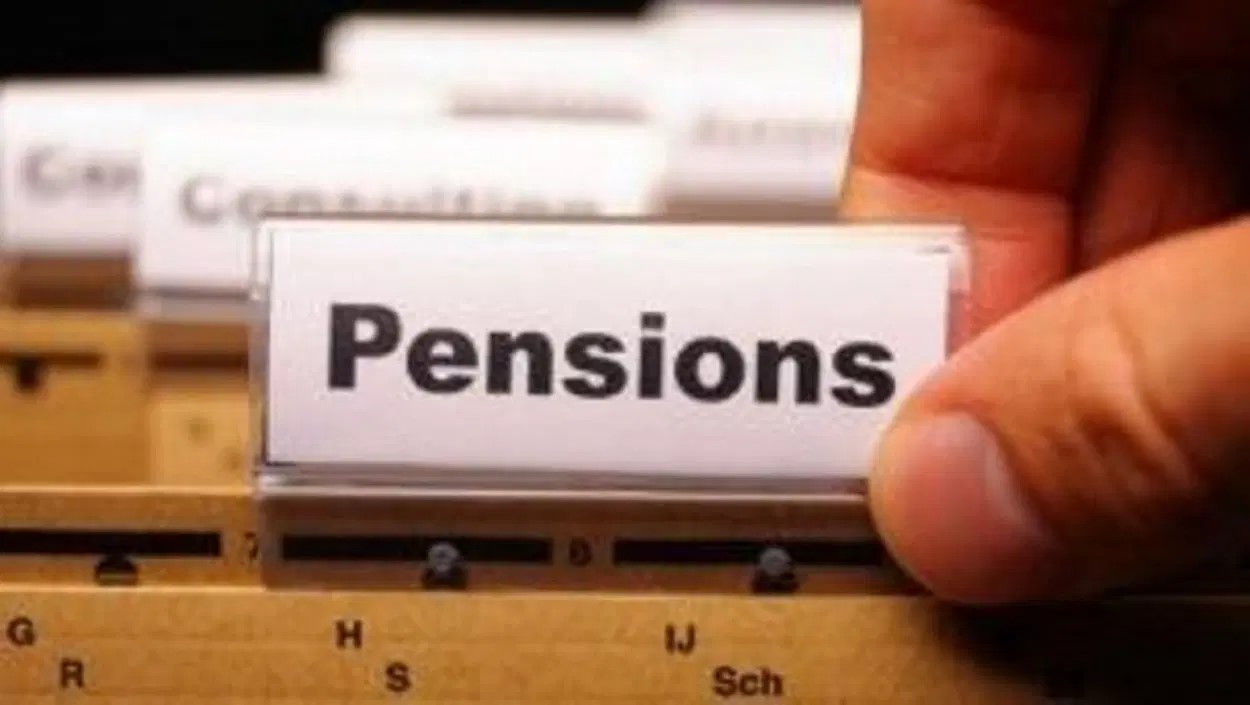Cooking gas prices have jumped across Nigeria, with a kilogram now selling for as high as ₦2,000 in some areas.
Gas marketers say the increase is not due to any official price change but the result of supply disruptions and profiteering by some operators.
The National President of the Nigerian Association of Liquefied Petroleum Gas Marketers, Oladapo Olatunbosun, said this on Wednesday during an interview on Channels Television’s The Morning Brief.
He explained that some marketers were taking advantage of a temporary shortage caused by the recent strike by the Petroleum and Natural Gas Senior Staff Association of Nigeria against the Dangote Refinery.
“I sympathise with Nigerians as the President of NALPGAM because we never intended to have a situation like this,” he said. “Prices of cooking gas have not gone up officially. What is happening is that some marketers are taking advantage of the shortage in supply and increased demand. They are cashing in to make good money, which is wrong. We frown at this as an association, and normalcy will return in the next few days.”
Prices of Liquefied Petroleum Gas (LPG), which previously sold between ₦1,200 and ₦1,300 per kilogram, have now risen to between ₦1,700 and ₦2,000, and in some cases, up to ₦3,000.
Olatunbosun said the scarcity started when Dangote Refinery, which had been improving domestic supply by selling directly to offtakers, went on maintenance. This, he said, slowed down truck loading and forced marketers to turn to Apapa depots for supply.
“Before the strike, Dangote sent out about 50 trucks daily, which helped the South West and parts of the North. But when maintenance began, loading slowed down. Trucks started spending about 14 days at Dangote yard before getting products, so marketers switched to Apapa,” he explained.
The NALPGAM boss said that when the PENGASSAN strike began, it disrupted vessel discharges and inspections at the depots, causing a serious backlog.
“When Dangote finished maintenance and was ready to resume full loading, the strike started. Though Dangote didn’t stop production, everyone had rushed to Apapa, and the depots there were already empty,” he said.
He noted that the impact of the strike was worse in the South-West, which consumes the largest share of LPG in the country.
Olatunbosun also said the country’s LPG demand has grown from 1.2 million metric tonnes three years ago to nearly two million metric tonnes, meaning any supply disruption causes a major shortage.
He advised consumers to buy directly from registered gas plants instead of middlemen, warning that those buying from third parties risk paying inflated prices.
“If you buy from gas bottling plants, you won’t pay more than ₦1,300 per kilogram. But if you buy from third or fourth parties, the price goes up because of multiple mark-ups,” he said.
Olatunbosun assured that the association is working with authorities to restore normal supply soon.











